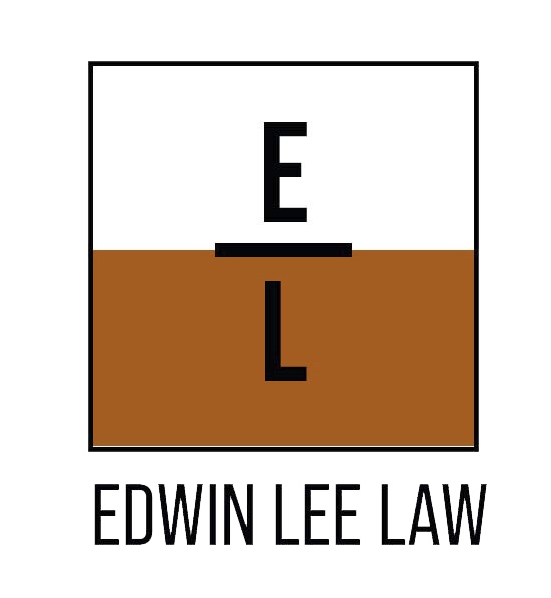Today, 58 million adults in the United States are 65 and older. Seniors make up more than 17 percent of the American population. The U.S. Census Bureau expects this number to reach 83.7 million by 2050.
Meanwhile, one in every...

Caregiving: A Guide to Navigating the Challenges
As a caregiver, you don’t realize how difficult it is until it happens to you. Many people take on this challenge because they love the person they are caring for. In the US, 53 million people have assumed this role and then struggled to make it work. Much of the challenge surrounds organizing and storing critical documents, so you’re prepared when you need them.
Personal Experience and Valuable Caretaker Resources
When Michael’s good friend experienced a bad fall, he stepped in to help without knowing what to expect. He realized his biggest hurdle was locating and gathering essential documents, vital information, and passwords in various places without the help of the person who created them.
“I was in tears at one point. I just needed to put everything down in one place.”— Michael Picon
It took five years before he decided to write his books: The Caregiver’s Notebook and The Power of Attorney’s Notebook, to help other caretakers store critical information, such as medical history, conditions and treatment, and legal documents like advance directives, with a weekly care journal and planner.
Michael designed and launched online applications for Vogue and Vanity Fair and understands that digital solutions work well in many situations. But as a caregiver of a loved one, he ditched technology and published two print books to help caregivers instead.
Michael chose to print books so caretakers wouldn’t be dependent on technology and accessing the internet or using a smartphone while speaking to nursing home directors or government assistant representatives. These professionals need actual documents or accurate details about the individual in need to provide critical information about services and benefits. Technology requires login and password information that could be a barrier in these situations.
Strategies to Reduce Caregiver Stress
Michael’s books discuss the fact that, in 2020, 61% of caregivers were women. Women continue to carry the burden in both formal and informal roles. Caretaking requires compassion, patience, and empathy. It also takes organization and perseverance. Unfortunately, many caretakers are unpaid and forego career advancement and personal time to protect their loved ones. This creates stress on top of the mountains of paperwork.
Caregiving requires a strategy to solve a myriad of medical and administrative problems. These tangible books help you start the caretaking journey by highlighting what’s most important, making everyone’s life a little easier.
This article summarizes aspects of estate planning law and elder law. It is not legal advice and does not create an attorney-client relationship. For legal advice, please contact our Houston office today at (713) 582-5088 or schedule a consultation.

